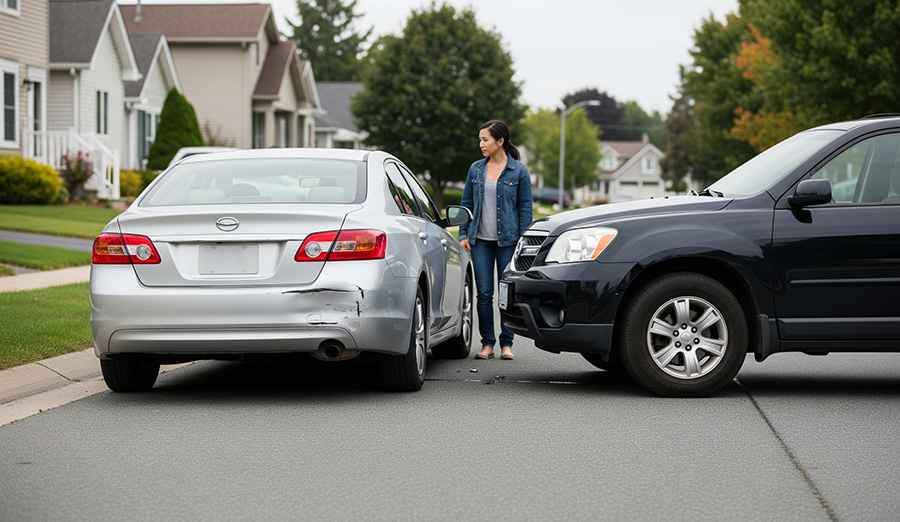In a Crash? What Are the 10 Essential Things You Must Do After an Accident on the Roads?
The moments following a vehicle collision are often defined by physiological shock and logistical confusion. However, the actions taken in the immediate aftermath are critical for both personal safety and future legal recovery. Maintaining a disciplined, step-by-step protocol is the only way to ensure that your health is prioritized and your rights are protected under state law. This guide analyzes the ten mandatory operational steps to take following an incident on the roads, from initial triage to the final claim filing.

| 10-Step Emergency Response Checklist | |
|---|---|
| 1. Injury Check | Immediate self-triage |
| 2. Passenger Audit | Status check of all occupants |
| 3. Emergency Call | Activate 911 responders |
| 4. Perimeter Safety | Secure a safe location off-road |
| 5. Medical Evaluation | Professional clinical check-up |
| 6. Police Statement | Factual report to authorities |
| 7. Forensic Photos | Visual evidence of the scene |
| 8. Witness Data | Contact info of third-party observers |
| 9. Legal Counsel | Strategic engagement of an attorney |
| 10. Claim Filing | Final administrative recovery process |
1. Immediate Self-Triage
Perform a rapid assessment of your physical condition. If significant trauma is detected, remain stationary to avoid aggravating spinal injuries. Navigating the aftermath on the roads requires you to be as stable as possible.
2. Passenger Status Audit
Once your status is confirmed, check the integrity of your passengers—particularly children or elderly individuals. Serving as their advocate ensures they receive priority medical attention during the rescue phase.
3. Activate 911 Responders
Contact emergency services immediately. Provide precise coordinates, vehicle descriptions, and reported injuries. Stay on the line until dispatch confirms that units are en route to your location on the highway.
4. Establish Perimeter Safety
If the vehicle is operational and the environment permits, move to the side of the road. If exiting the vehicle is hazardous due to high-speed traffic, remain inside with safety restraints engaged until help arrives.
5. Mandatory Medical Evaluation
Even if symptoms are latent, a professional medical evaluation is required to create an official record. Internal injuries or concussions may not manifest until hours after the incident on the roads.
6. Factual Police Statement
Provide an accurate account to the arriving officers. Mention any technical violations by the other driver, such as suspected intoxication or distracted driving, as this forms the basis of the official incident report.
7. Forensic Evidence: Visual Documentation
Photograph the collision scene, vehicle damage, road surface conditions, and traffic signaling. High-resolution images are critical data points for your lawyer and insurance adjusters during the audit process.
8. Eyewitness Data Collection
Secure names and contact details from neutral observers. Their accounts can verify the dynamics of the crash, especially if they observed reckless behavior before the impact on the roads.
9. Strategic Legal Engagement
Contact a specialized car accident attorney to protect your interests. An experienced lawyer prevents insurance providers from using aggressive tactics to reduce your rightful compensation and manages all legal logistics.
10. Administrative Recovery: Filing the Claim
With legal assistance, file your claim promptly. This final step ensures you follow all state procedures and secure a settlement that covers medical costs, lost income, and asset damage sustained during the crash.
Conclusion: Professionalism Under Pressure
Taking the right steps—calmly and in the correct order—makes a significant difference in both your physical recovery and the outcome of your claim. By following these 10 protocols, you ensure that every variable of the accident is documented and managed with professional excellence. Focus on the mission, stay safe, and focus on the road.